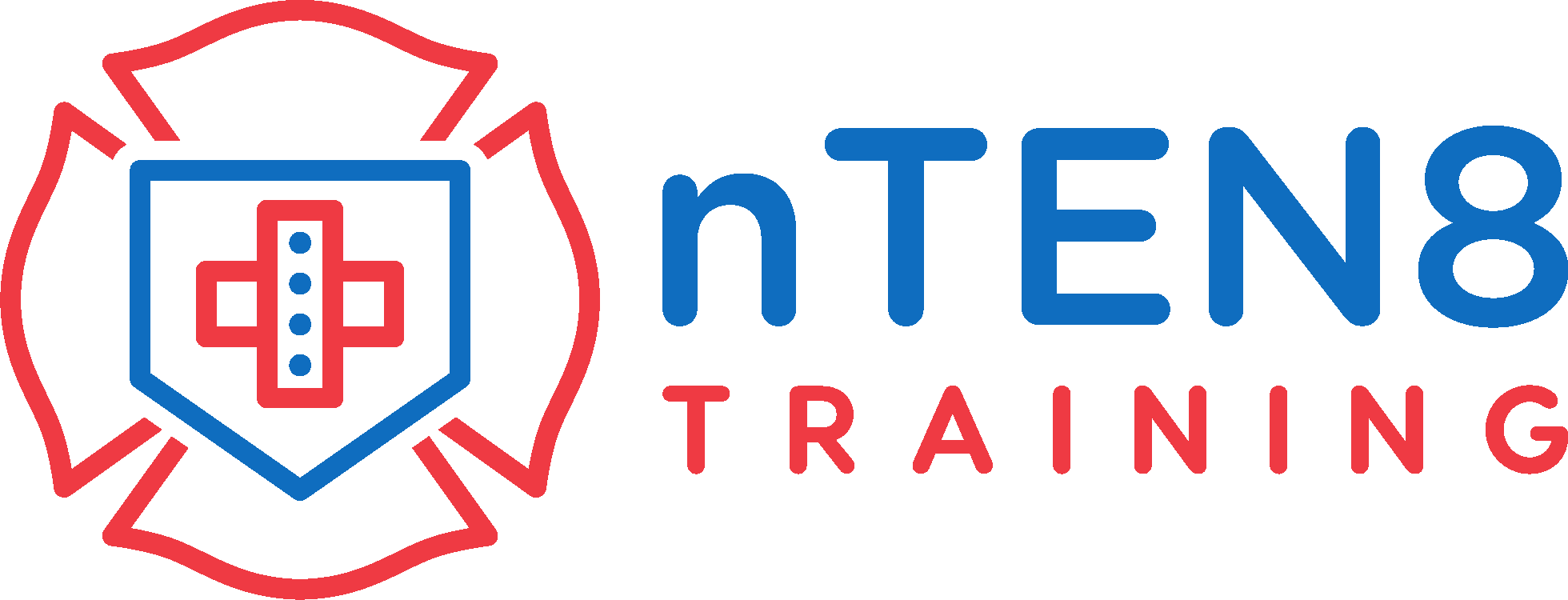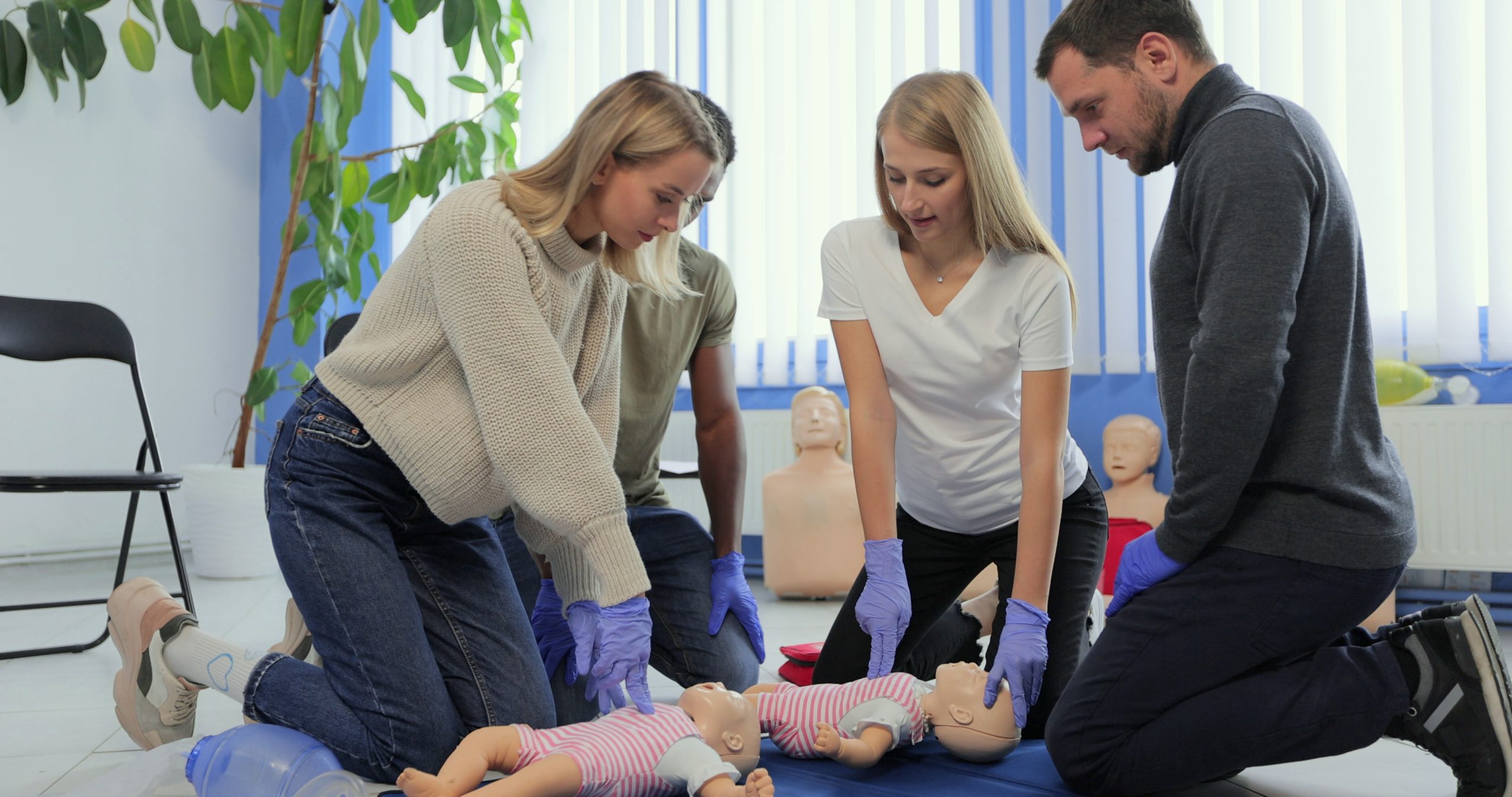Introduction to Personal Safety for Lone Workers
Personal Safety Awareness: Understand the importance of personal safety, especially for lone workers, emphasizing the need for awareness and preparedness. Your safety should always be your top priority.
Risk Identification and Evaluation: Acquire the skills to identify and evaluate hazards in your workplace, streamlining the process with practical resources for recognizing and understanding potential risks, enhancing your personal safety through thorough risk assessment.
Effective Communication Techniques: Learn communication techniques tailored for remote workers, emphasizing the importance of connectivity in maintaining personal safety. This module provides easy-to-use yet effective communication tools to improve overall safety.
Emergency Response for Lone Workers: Be prepared for emergencies with this module on emergency response, emphasizing the importance of having an action plan. Create an emergency response plan focused on your safety in unforeseen circumstances or medical emergencies.
Self-Defense Techniques: Arm yourself with basic self-defense strategies for lone workers, offering easy-to-use yet effective techniques in the event of physical harm. Being personally safe means being prepared for anything.
Lessons
Brief Description of Introduction to Personal Safety for Lone Workers
Module 2: The Law: Responsibilities
Module 3: Assessing the Risks
Module 4: Personal Safety Solutions
Module 5: Practical Tips to Avoid Conflict
Module 6: Reporting and Recording Incidents





